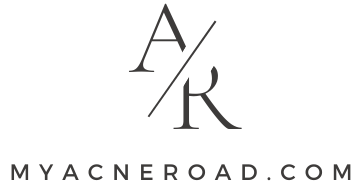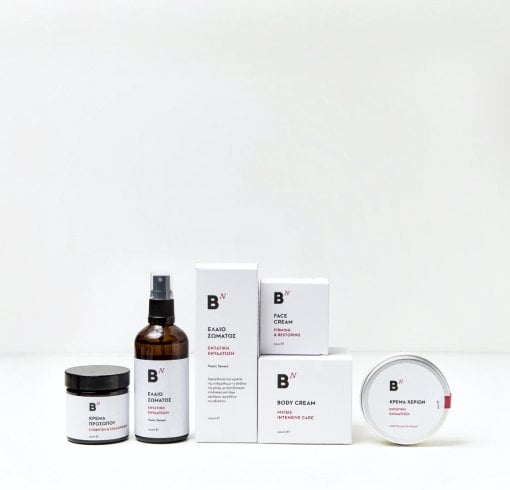Welcome to an in-depth exploration of the relationship between supplements and acne. While maintaining a healthy diet is important for skin health, some individuals turn to supplements as an additional tool in their acne-fighting arsenal. In this comprehensive blog post, we will delve into the topic of supplements and their potential impact on acne, shedding light on the science behind their efficacy and providing insights into popular supplements that claim to help with acne.
Understanding Acne and Its Triggers: Before diving into the world of supplements, it’s crucial to understand the underlying factors contributing to acne. We’ll explore the various triggers, such as hormonal imbalances, inflammation, and excess sebum production, to gain a holistic perspective on acne management.
Exploring Potential Supplements for Acne:
- Omega-3 Fatty Acids: Discover the potential anti-inflammatory properties of omega-3 fatty acids and their role in supporting skin health. We’ll discuss natural food sources, such as fatty fish or flaxseeds, as well as omega-3 supplements available in the market.
- Zinc: Uncover the essential role of zinc in promoting immune function and skin health. Learn about studies that suggest a potential link between zinc supplementation and acne improvement, and explore dietary sources and zinc supplements to consider.
- Probiotics: Delve into the intriguing connection between gut health, inflammation, and acne. Explore how certain strains of probiotics may help balance the gut microbiome and potentially improve skin conditions. We’ll discuss probiotic-rich foods and probiotic supplements worth considering.
- Vitamin D: Understand the role of vitamin D in immune regulation and its potential impact on acne. We’ll explore the relationship between vitamin D deficiency and acne development, along with natural sources of vitamin D and supplementation recommendations.
- B Vitamins: Learn about the potential benefits of B vitamins, such as niacinamide and pantothenic acid, in supporting skin health and reducing acne symptoms. We’ll explore dietary sources and discuss the use of B vitamin supplements for acne management.
Navigating Supplement Use:
- Consultation with a Healthcare Professional: Understand the importance of consulting with a healthcare professional before incorporating supplements into your acne management routine. They can assess your individual needs, review your medical history, and provide personalized recommendations.
- Quality and Safety Considerations: Discover essential factors to consider when selecting supplements, including choosing reputable brands, verifying quality certifications, and ensuring proper dosage and formulation. We’ll provide tips on how to make informed decisions.
- Potential Side Effects and Interactions: Explore potential side effects and interactions that may arise from supplement use. It’s important to be aware of these possibilities and discuss them with your healthcare provider to ensure your safety and well-being.
- Monitoring and Patience: Understand that supplements may take time to show results, and it’s essential to monitor your progress. Patience is key, as acne management is a multifaceted journey that requires consistency and perseverance.
Conclusion: Supplements may offer a complementary approach to acne management, supporting your overall skin health alongside a well-rounded skincare routine and a balanced diet. While certain supplements have shown promising results in scientific studies, it’s crucial to approach supplementation with caution, consult with a healthcare professional, and prioritize the use of reputable brands. Remember that acne management is unique to each individual, and what works for one person may not work for another. With informed choices, diligent monitoring, and a holistic approach, you can navigate the world of supplements and potentially find support for your acne journey.

